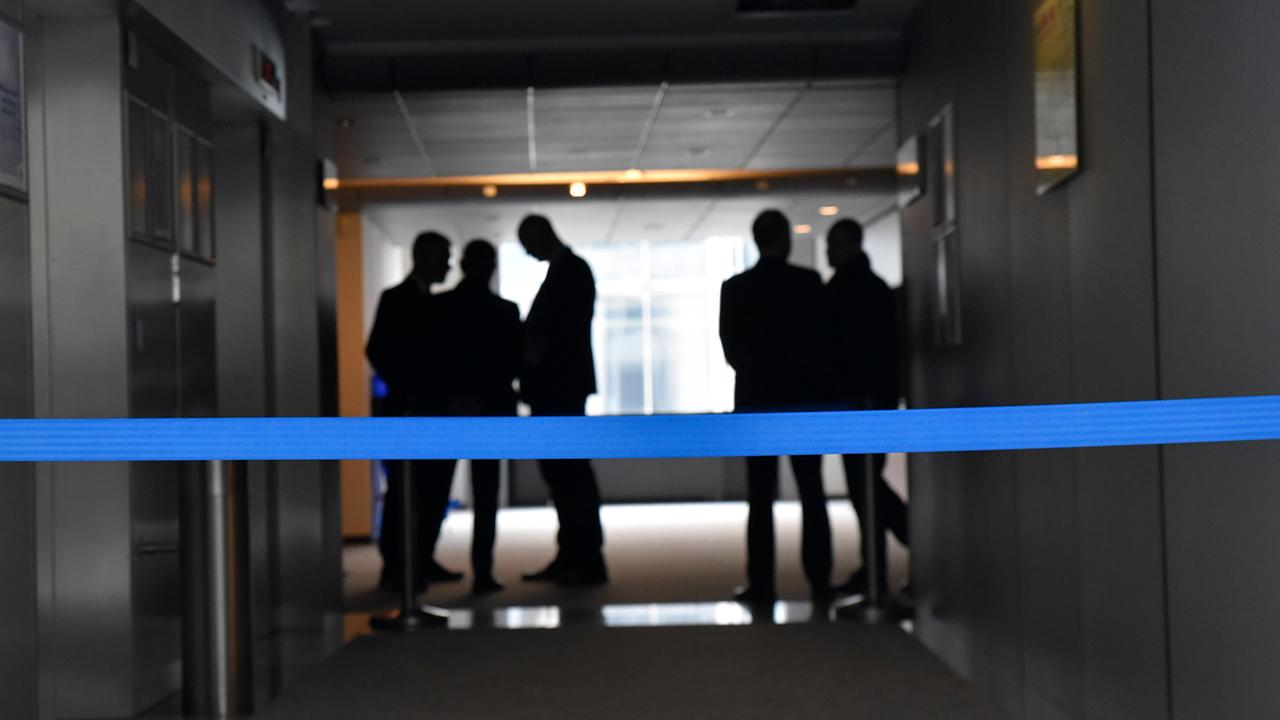The goal is set out on paper: women and men should have equal opportunities for important jobs in the EU institutions. There is still some catching up to do in this area, especially in the EU Parliament.
Ursula von der Leyen has a tricky puzzle to solve in the coming weeks: which team does she want to approach her second term with? The specific task is: distribute 25 posts across 25 EU countries in such a way that all capitals can live with them to some extent. Not all departments in an EU Commission bring with them the same power or the same prestige. There will also be disappointments and consolation prizes at the end.
But there is an additional level of difficulty. Ursula von der Leyen wants to repeat what she managed to do during her first term as President of the EU Commission. When she meets with her commissioners once a week, she wants to have as many women as men sitting around the big table as possible. Most recently, the ratio was 14 (male) to 13 (female).
The EU states decide with
However, it is not up to von der Leyen alone to achieve the goal of gender parity. Although she has the final say on the personnel table, the suggestions for the possible commissioners come from the governments of the EU states. Each country is entitled to one post. Germany and Estonia are already taken care of: with von der Leyen as president and Kaja Kallas, who is set to be the EU's foreign policy chief.
And the rest? Last week, von der Leyen sent letters to the heads of state and government asking for names: one man and one woman, please! Exceptions are cases in which a Commission member remains in office. Slovakia is once again putting its faith in Maroš Šefčovič, France in Thierry Breton. Croatia is again sending Dubravka Šuica.
Goal hardly achievable with current pool of applicants
It is conceivable that von der Leyen sent a signal to the heads of state and government in advance: When allocating the different attractive portfolios, it might be worthwhile to propose a man and a woman. But it is already clear that many capitals are not complying with this request. Ireland has nominated Michael McGrath, who has already resigned as finance minister.
Prime Minister Harris says that under these circumstances it would have been “unfair” to report another person to Brussels. Slovenia and the Czech Republic are each only considering a male proposal. In Sweden and Spain the only name is female. As things stand, it does not seem certain that a balanced ratio will become reality.
Lengthy process
Ursula von der Leyen has given the heads of state and government until August 30th to respond. When asked, the EU Commission did not want to disclose the exact response rate. Even after the deadline has passed, there is still no definitive certainty as to whether the ratio of men and women is balanced. Only those who survive the hearing in the EU Parliament, which lasts several hours, will be admitted to the Commission.
In principle, there are many women in top positions in the EU. As Commission President, von der Leyen has and will retain what is probably the most powerful position currently available in Brussels. The strategy for gender equality dates back to her first term in office.
Some points, such as a violence protection package or a law to ensure balance in the supervisory boards of large companies, have already been implemented. The European Central Bank is headed by Christine Lagarde, the European Investment Bank by the Spaniard Nadja Calvinho. The first European Attorney General is called Laura Kövesi.
Specialist committees predominantly made up of men
The picture is mixed at the EU Parliament. The rules of procedure stipulate a balanced gender ratio for the Presidium. This worked for the 14 vice-presidents. President Roberta Metsola remains in office at the top. Check mark.
The figures are different for the specialist committees, including the subcommittees, where a chair and four deputies must be appointed. So far, 114 of 120 positions have been elected. The proportion of women is a good 43.9 percent. If you look at the chair alone, the proportion of women is only 37.5 percent.
Firewall before equal rights
Sometimes the goal of equality is deliberately violated – for political reasons. The parties that describe themselves as politically centrist have resolved that right-wing extremist parties should not be given leadership positions.
A concrete example: When the Foreign Affairs Committee was elected for the fourth vice-chairmanship, a woman should have been chosen. The Patriots for Europe group nominated Kinga Gal from the Hungarian Fidesz. There was no opposing candidate from the center. And so in the end a Christian Democrat from Romania got the job. In this case, the rule was: firewall before equality.




